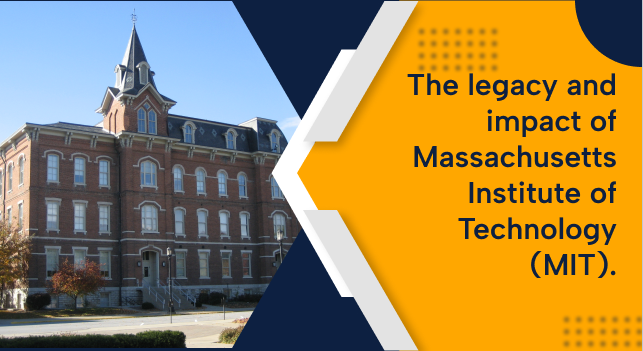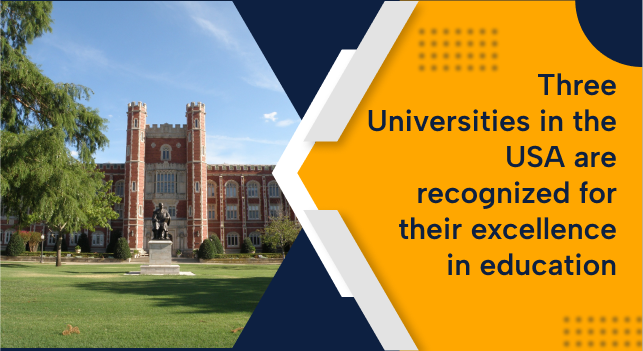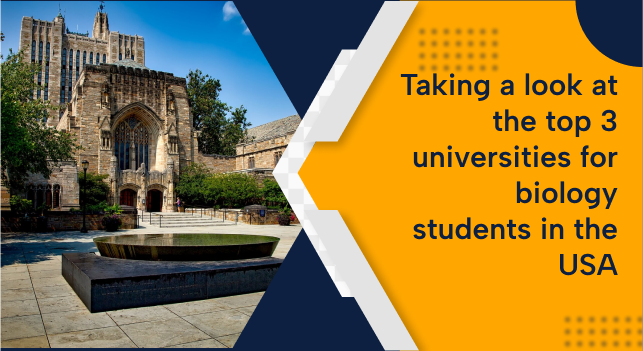The legacy and impact of Massachusetts Institute of Technology (MIT).
Massachusetts Institute of Technology (MIT) stands as a beacon of innovation and academic excellence, renowned globally for its profound impact on technology, science, and entrepreneurship. Established in 1861 in Cambridge, Massachusetts, MIT has evolved into one of the world’s foremost research universities, consistently pushing boundaries and shaping the future through its pioneering research, education, and entrepreneurial spirit.
Legacy of Innovation
MIT’s legacy of innovation is deeply ingrained in its culture and history. From its early days, MIT emphasized practical application alongside theoretical knowledge, setting the stage for groundbreaking advancements across various fields. The institute played a pivotal role during World War II, contributing significantly to wartime research and development efforts, including radar technology and defense innovations.
Post-war, MIT continued to lead in technological innovation. The development of modern computing owes much to MIT’s contributions, notably with the establishment of the MIT Lincoln Laboratory and pioneering work in computer science and artificial intelligence. In the 1950s and 1960s, MIT researchers made seminal contributions to the development of early computer systems and programming languages, laying the groundwork for the digital age.
Impact on Science and Technology
MIT’s impact extends across diverse scientific disciplines. The institute’s rigorous research programs have produced numerous breakthroughs, from fundamental discoveries in physics and chemistry to advancements in biomedical engineering and materials science. MIT researchers have been instrumental in developing technologies such as GPS, modern robotics, and biotechnology innovations like CRISPR gene editing.
In the realm of space exploration, MIT’s contributions are profound. The Apollo Lunar Module, which landed astronauts on the moon, was designed and developed at MIT. The institute continues to contribute to space exploration through collaborations with NASA and private aerospace companies, driving innovation in propulsion systems, satellite technology, and space habitats.
Entrepreneurial Spirit and Industry Collaboration
MIT’s entrepreneurial ecosystem is legendary, fostering the development of countless startups and tech giants alike. The institute’s close ties with industry leaders and its emphasis on practical innovation have catalyzed the founding of companies such as Intel, Bose Corporation, and Dropbox, among many others. MIT’s Technology Licensing Office is renowned for facilitating the commercialization of academic research, enabling innovations to reach the market and impact society.
The MIT Media Lab exemplifies the institute’s interdisciplinary approach to innovation, bringing together researchers from diverse fields to explore cutting-edge technologies and their societal implications. Projects emerging from the Media Lab have shaped fields such as digital media, wearable technology, and human-computer interaction, influencing both industry and academia.
Educational Excellence and Global Influence
MIT’s educational model emphasizes hands-on learning, collaborative research, and interdisciplinary study. Undergraduate and graduate students alike engage in research projects that often lead to groundbreaking discoveries. The institute’s commitment to openness and collaboration is reflected in initiatives such as OpenCourseWare, which offers free access to MIT course materials online, democratizing education worldwide.
MIT’s global influence extends through collaborations with universities, research institutions, and industry partners worldwide. The MIT Schwarzman College of Computing, established to address the societal and ethical dimensions of AI and computing technologies, exemplifies MIT’s proactive approach to global challenges.
Conclusion
Massachusetts Institute of Technology (MIT) stands at the forefront of global innovation, driven by a legacy of groundbreaking research, entrepreneurial spirit, and educational excellence. From advancing the frontiers of science and technology to nurturing a culture of innovation and collaboration, MIT continues to shape the future through its transformative impact on academia, industry, and society at large. As the world navigates increasingly complex challenges, MIT remains steadfast in its commitment to pushing boundaries and driving positive change through innovation.
This legacy ensures that MIT will continue to be a driving force in shaping the technological landscape and fostering the next generation of leaders and innovators, ensuring its impact resonates far into the f









